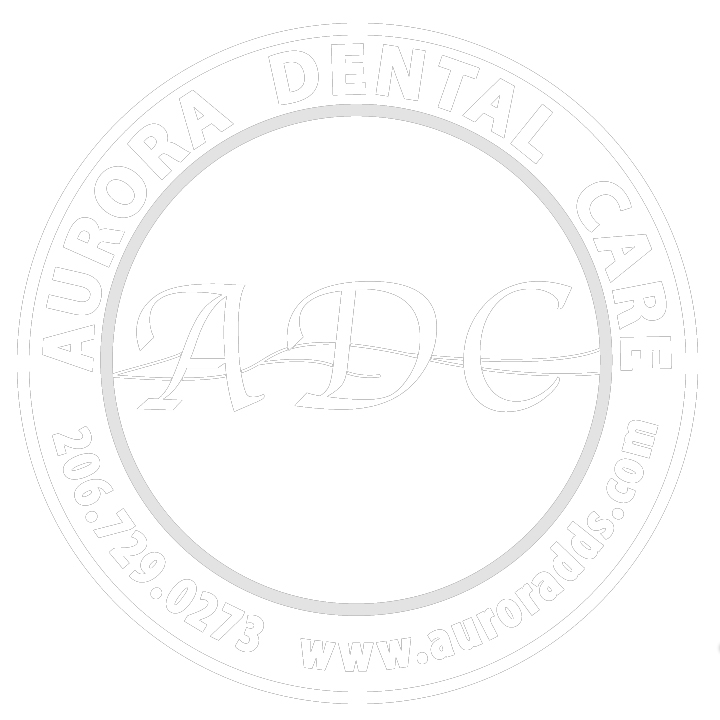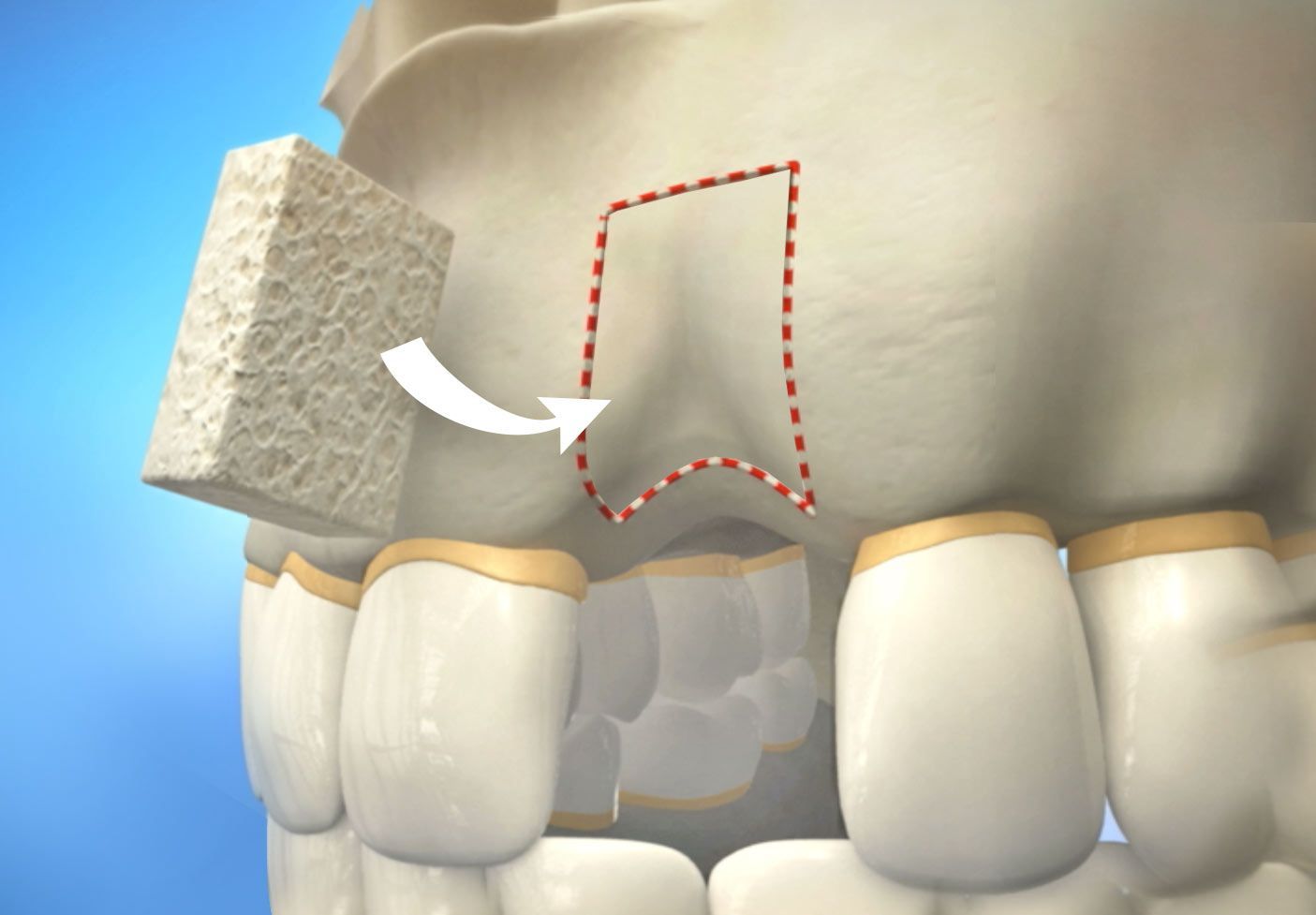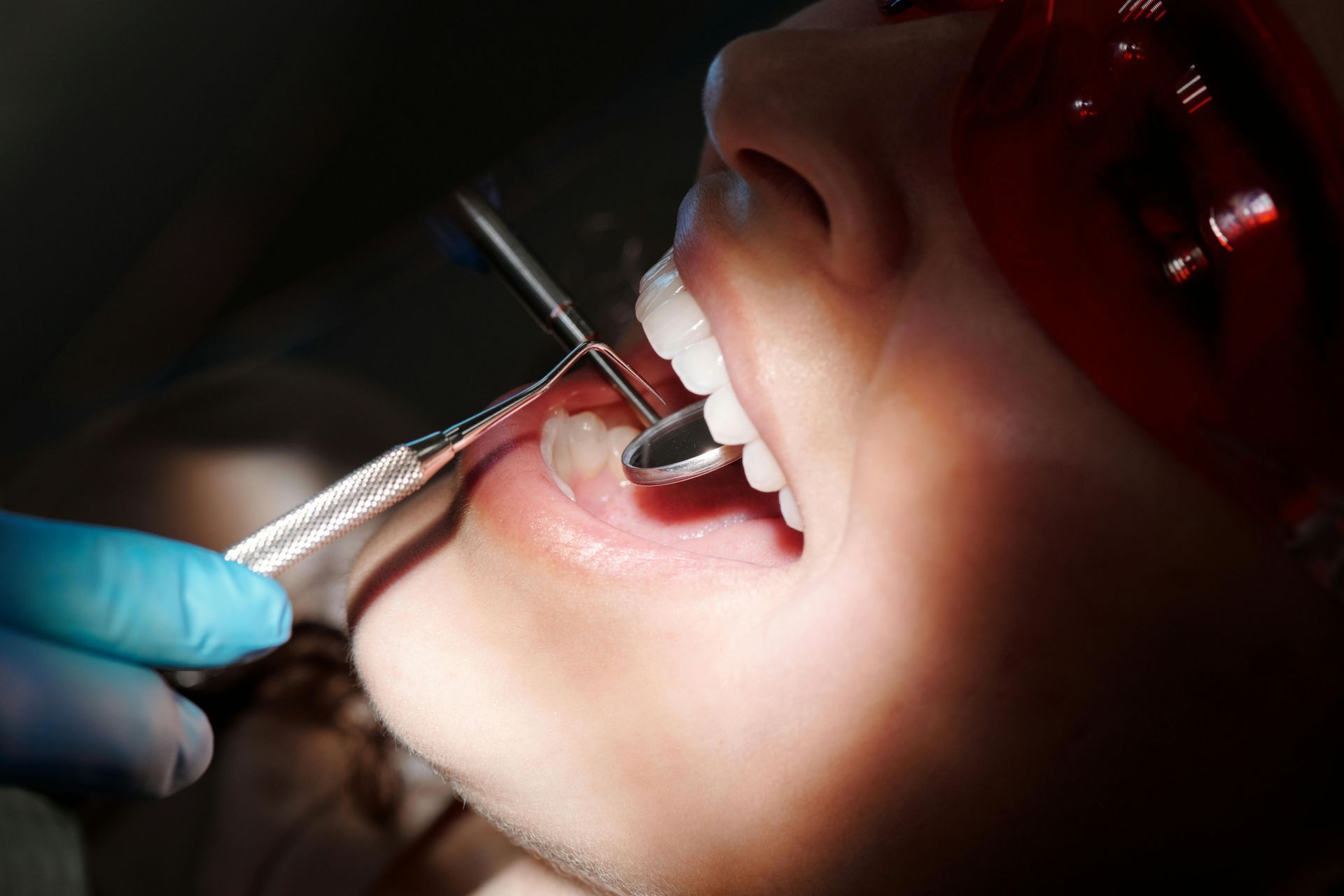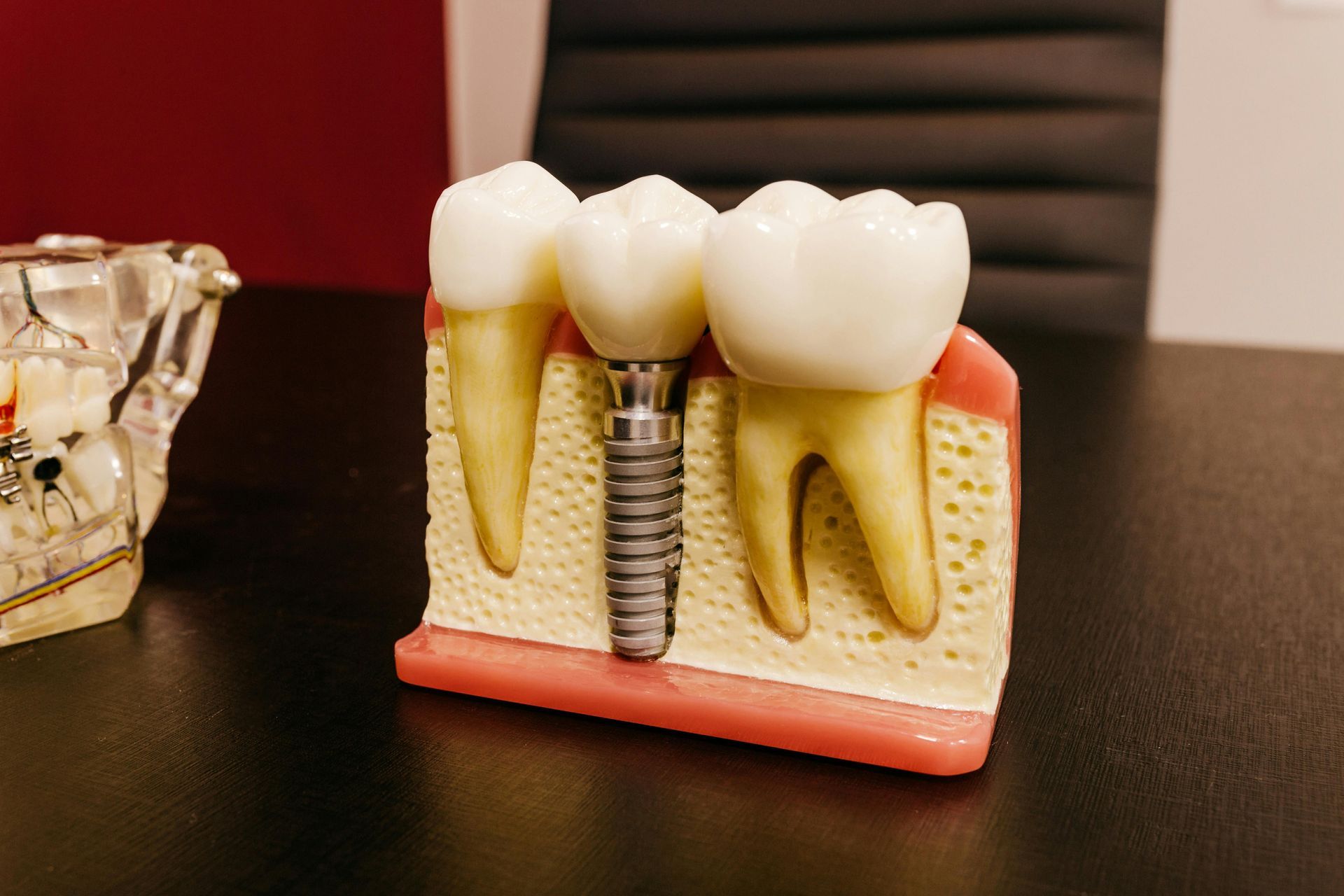Signs You May Need a Periodontist in Seattle, WA
When to Seek Specialized Gum Care at Aurora Dental Care
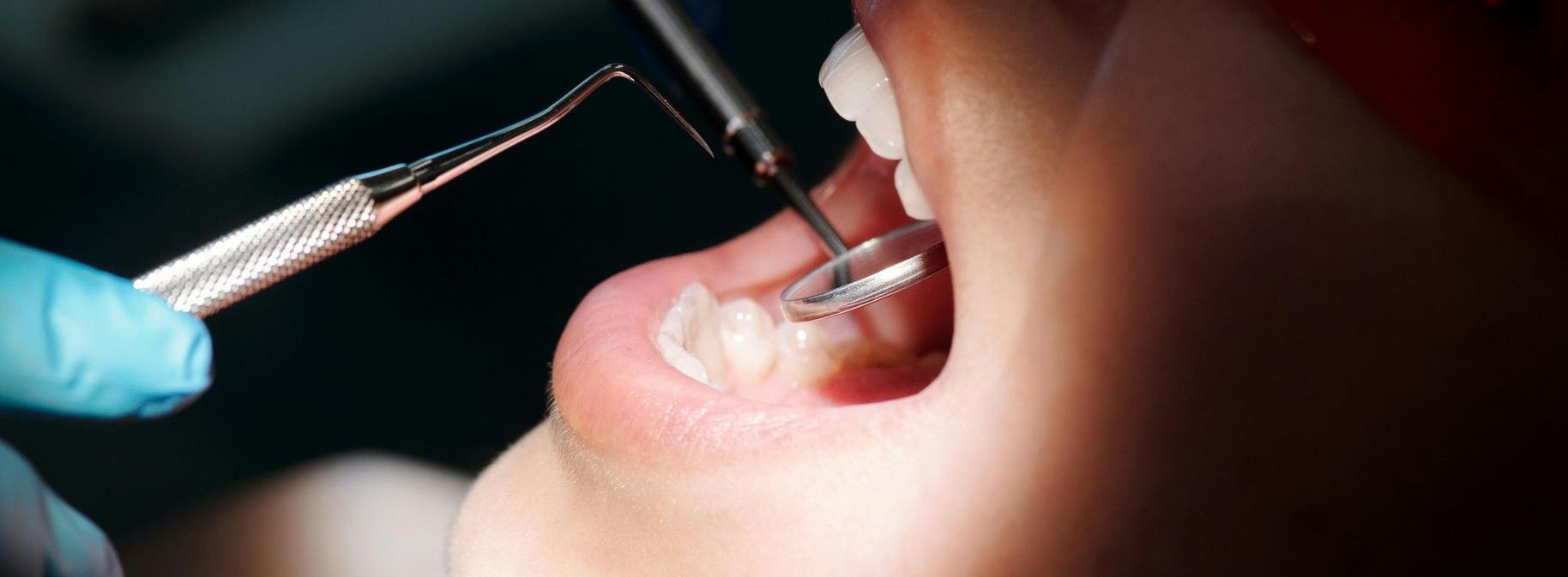
Most dental problems start small and can be managed by your general dentist. However, when gum disease progresses beyond the early stages, you may need the expertise of a periodontist. Recognizing the signs early can protect your gums, teeth, and overall health.
At Aurora Dental Care in Seattle, WA, our patients benefit from both comprehensive general dentistry and access to a skilled Seattle periodontist. Here’s what you should know about when to schedule a periodontal evaluation.
What Does a Periodontist Do?
A periodontist is a dental specialist who focuses on the prevention, diagnosis, and treatment of gum disease (periodontitis) and other conditions affecting the structures that support your teeth. They also place and manage dental implants and perform gum-related surgeries.
While general dentists provide essential preventive care, a periodontist steps in when gum disease becomes more advanced or when specialized procedures are needed.
Common Signs You May Need a Periodontist in Seattle
1. Persistent Bleeding Gums
It’s normal for gums to bleed occasionally when you brush or floss too aggressively. But if bleeding happens regularly, it may be a sign of gingivitis or periodontitis. A periodontist can diagnose the cause and provide treatment before the condition worsens.
2. Gum Recession
If your teeth look longer than they used to, your gums may be receding. Gum recession exposes the roots, leading to sensitivity and increasing the risk of decay. A Seattle periodontist can provide gum grafting to restore your gumline and protect your teeth.
3. Chronic Bad Breath
Persistent halitosis (bad breath) may indicate a bacterial infection in your gums. A periodontist can treat the infection at its source, improving both your breath and your gum health.
4. Loose or Shifting Teeth
As gum disease progresses, it destroys the bone and tissue supporting your teeth. This can make teeth feel loose or cause noticeable changes in how they fit together. Periodontists specialize in stabilizing teeth and treating the underlying infection.
5. Deep Pockets Around Teeth
During an exam, your dentist may measure the depth of the “pockets” around your teeth. Pockets deeper than 4 mm often require specialized periodontal treatment such as scaling and root planing or surgical therapy.
6. Pain or Discomfort in the Gums
Swollen, tender gums that don’t improve with standard care may signal advanced gum disease. A Seattle periodontist can diagnose the issue and provide targeted treatment.
7. History of Gum Disease
If you’ve had gum disease in the past, you’re more likely to experience it again. Periodontists provide ongoing periodontal maintenance to prevent relapse.
8. Need for Dental Implants
Replacing missing teeth with implants requires healthy gums and bone. Periodontists are the experts in preparing and maintaining the tissues that support dental implants.
Why Early Intervention Matters
Delaying periodontal treatment can lead to:
- Severe bone loss
- Tooth mobility and loss
- Expensive, complex treatment needs
- Increased risk for systemic health issues (heart disease, diabetes complications, respiratory illness)
By seeing a Seattle periodontist at Aurora Dental Care early, you improve your chances of saving your natural teeth and avoiding invasive surgery.
What to Expect at Your Periodontal Visit in Seattle
When you schedule with Aurora Dental Care’s periodontist, here’s what you can expect:
- Comprehensive exam – Review of medical history, gum evaluation, and measurements of pocket depths.
- Digital X-rays – Assess bone levels and detect hidden infection.
- Personalized treatment plan – From non-surgical therapy to advanced procedures.
- Education and prevention – Guidance on oral hygiene, lifestyle habits, and long-term gum care.
Living in Seattle with Healthy Gums
Seattle’s vibrant lifestyle—from hiking trails to bustling neighborhoods like Ballard, Capitol Hill, and Green Lake—deserves a confident, healthy smile. Don’t let gum disease hold you back. Aurora Dental Care makes it convenient to receive both general dentistry and specialized periodontal care in one location.
FAQs: Do I Need a Periodontist?
1. Can my general dentist treat gum problems?
Yes, for gingivitis and mild gum disease. More advanced cases may require a periodontist’s expertise.
2. How do I know if I have periodontitis?
Symptoms include bleeding gums, gum recession, loose teeth, and persistent bad breath. Only a dental exam can confirm the diagnosis.
3. Is gum disease always painful?
Not necessarily. Many patients don’t feel pain until advanced stages. That’s why regular checkups are essential.
4. Can gum recession be reversed?
Recession can’t grow back naturally, but periodontists can perform grafting procedures to restore the gumline.
5. How often should I see a periodontist?
If you have gum disease, you may need maintenance visits every 3–4 months.
6. Are dental implants better placed by a periodontist?
Yes. Periodontists are experts in implant placement, especially when bone grafting or gum procedures are needed.
7. Does insurance cover periodontal treatment?
Most dental insurance plans cover part of periodontal care. Coverage varies depending on your plan and treatment type.
8. What’s the best way to prevent needing a periodontist?
Daily brushing, flossing, regular dental visits, and avoiding tobacco are your best defenses.
Conclusion
If you’re experiencing bleeding gums, gum recession, loose teeth, or other signs of periodontal disease, it’s time to seek specialized care. At Aurora Dental Care in Seattle, WA, our patients benefit from both general dentistry and access to a highly trained Seattle periodontist.
Don’t ignore the signs—early intervention makes all the difference. Schedule your consultation with Aurora Dental Care today and protect your smile for years to come.
